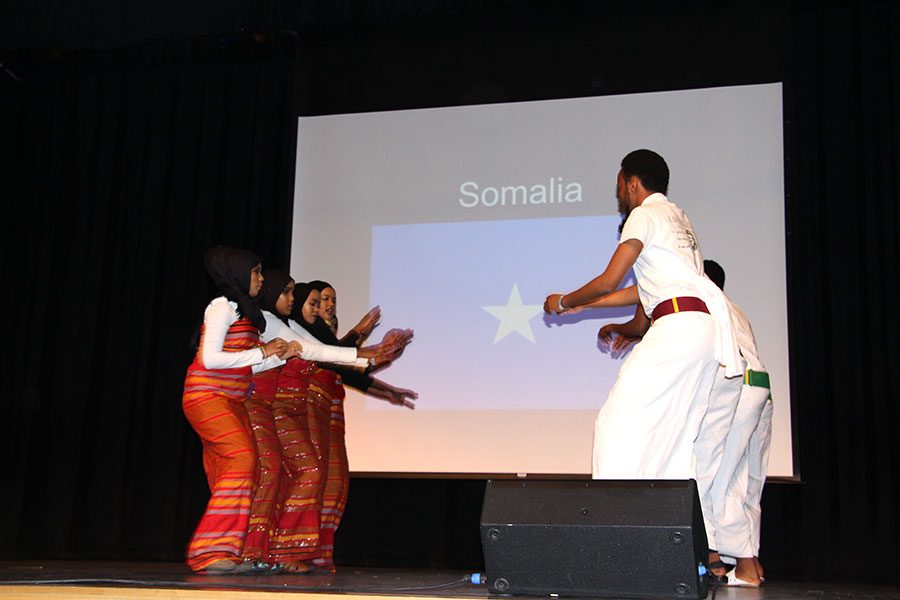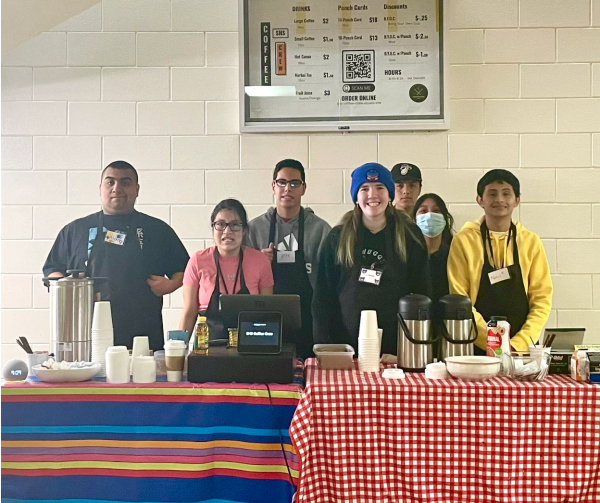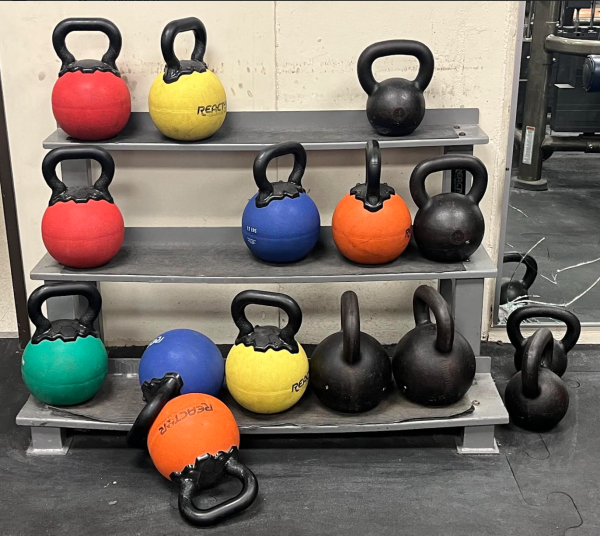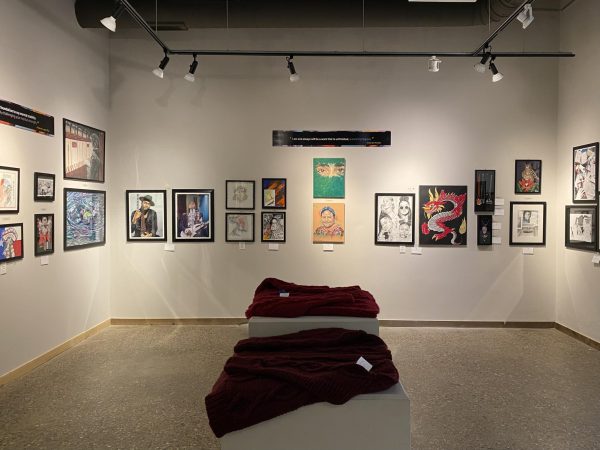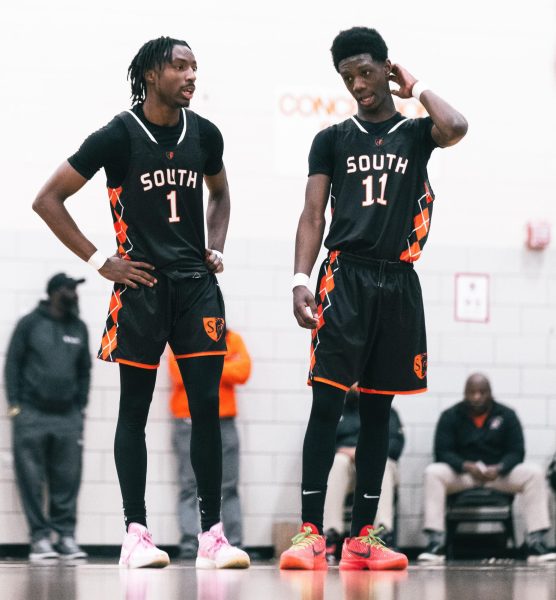Misconceptions about Africa still present at South
Here at African Cultural Night on March 30th students from Somalia danced in a performance. This show was planned by a committee of African students that wanted “to blur out the ignorance that people have about people of African descent, to show our culture, to show how we are different,” explained junior Salma Ahmed.
Imagine you are eating your lunch with your friends, talking, laughing and even gossiping about the teacher that you hate. Suddenly you feel full and you get up to throw away your plate, and someone at your table jokes “there are kids starving in Africa and you are just throwing that away?” Everybody laughs and you join in too. That was pretty funny wasn’t it? Or was it wrong?
These jokes can often be casually slipped into conversations and be considered funny. However, many African students feel that they are offensive. Starvation is a serious topic that is affecting so many families all around the world, not just Africa.
“I don’t think it’s funny because there is a famine going on in my home country Somalia and when people make jokes about throwing away food or finishing food,” it’s ignoring the real struggles people are facing, explained junior Salma Ahmed. “[It should be] a sentiment, you should just not be a wasteful person…Africa the continent doesn’t need your pity.”
Some students feel that Africa is not taught about enough in the classroom. “[Africa] a very diverse continent and a lot of people that they are surrounded by are from that huge continent and so I think it’s important to not further your ignorance and to learn,” explained Ahmed. Sometimes this lack of knowledge about Africa can come down to simple things like geography. In a survey conducted by the Southerner and the planning committee for African Cultural night, only 11.5% of respondents could place Nigeria, Ethiopia and Somalia on a map of Africa correctly.
In world history classes when students are taught about kingdoms in Africa, people can be surprised because Africa is typically not considered a developed civilization. Africa was a well developed continent that had its own civilization but did not match with what the Europeans considered civilized.
Maybe combining every country’s history as in world history class is playing a role in the misconceptions people have about Africa. Most people know about slavery but don’t really know the effect that it had on the continent.
“I feel that in my class that [students] definitely learn a lot about Africa, do they understand everything? Well, I try to set it up so that they learn why Africa has a lot of problems, why different countries in Africa have problems today based on some of the things that happened in the past,” said world history teacher Laura Lanik. “Basically like the Atlantic Slave trade which weakened Africa and then colonialism which further weakened Africa, which paved the way to dictatorships and a lot of the problems that they have, so I try to help [students] understand that.”
Many people only know about one side of Africa, the poor, desert side not the developing and culturally rich side. Other misconceptions about Africa can be that people that who live in Africa speak ‘African’, that there is only one race in Africa, that Africa is a war zone. A “safari, wild animals with people chasing them and no electricity,” are other examples that senior Muna Ali mentioned.
The truth is, African is not a language, there are multiple races in Africa and as of 2014 according to Uppsala Conflict Data program only 16 countries in Africa are at war. Africa has 55 countries.
These stereotypes and misconceptions can be erased by going to events like African Cultural Night which was held at South High School on March 30.This show was planned by a committee of African students that wanted “to blur out the ignorance that people have about people of African descent, to show our culture, to show how we are different and further explain that Africa is not a country because that is a huge misconception that people have,” explains Ahmed.
Now this is not to say that Africa is not the poorest continent on Earth or that there aren’t kids starving in Africa because that’s true, it is to say that Africa is more than the bad and the sad. Africa is “A continent rich with culture, many languages and religions, filled with traditions,” said Ali.
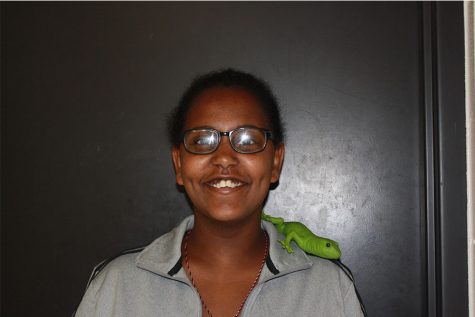
Sophomore Asanti Bekele is one of the newest members to our Southerner staff and is full of inspiration and energy.
Her interest in journalism was...

